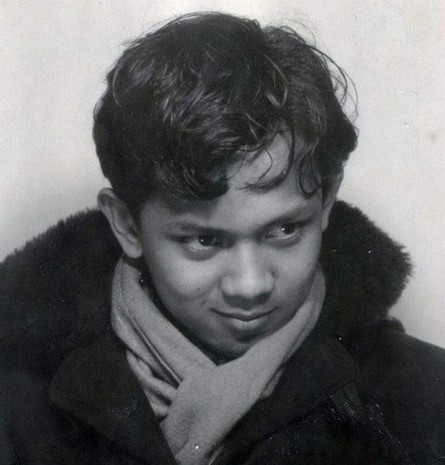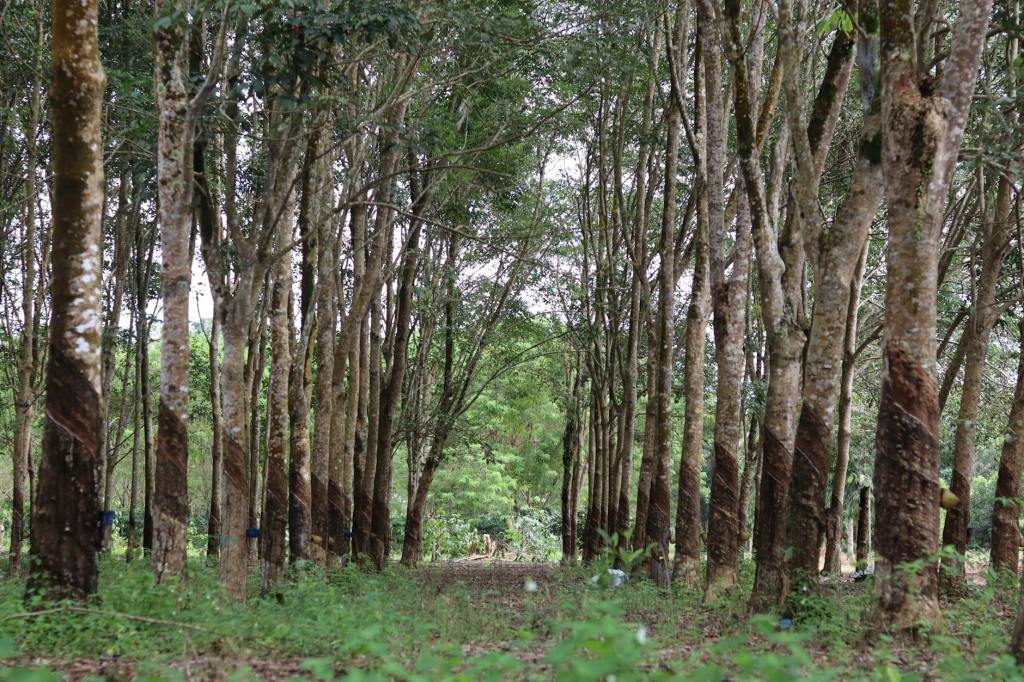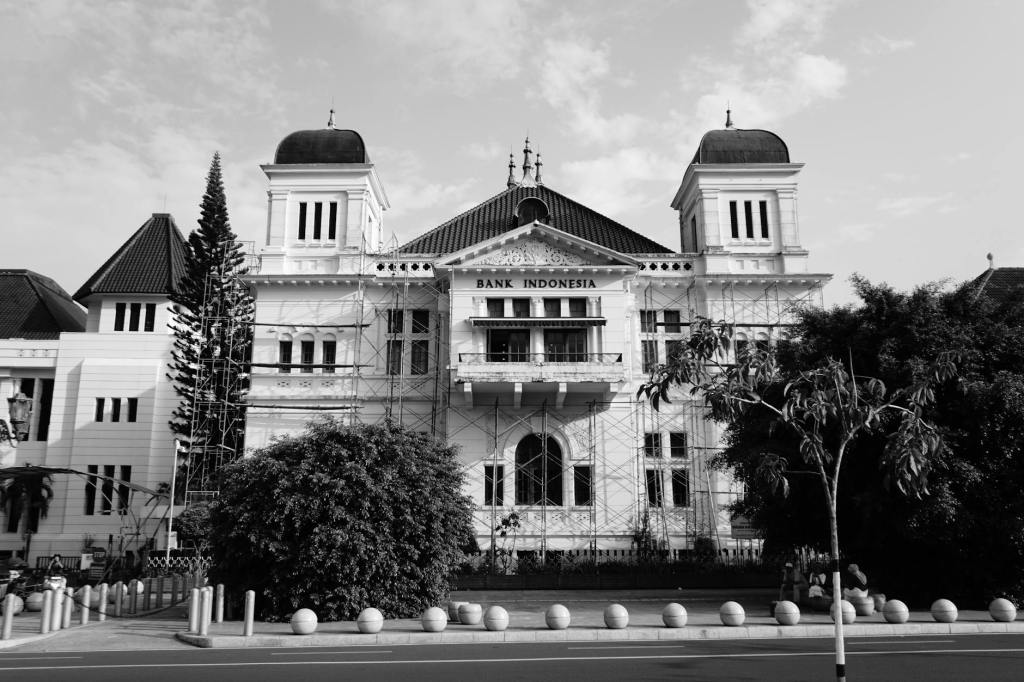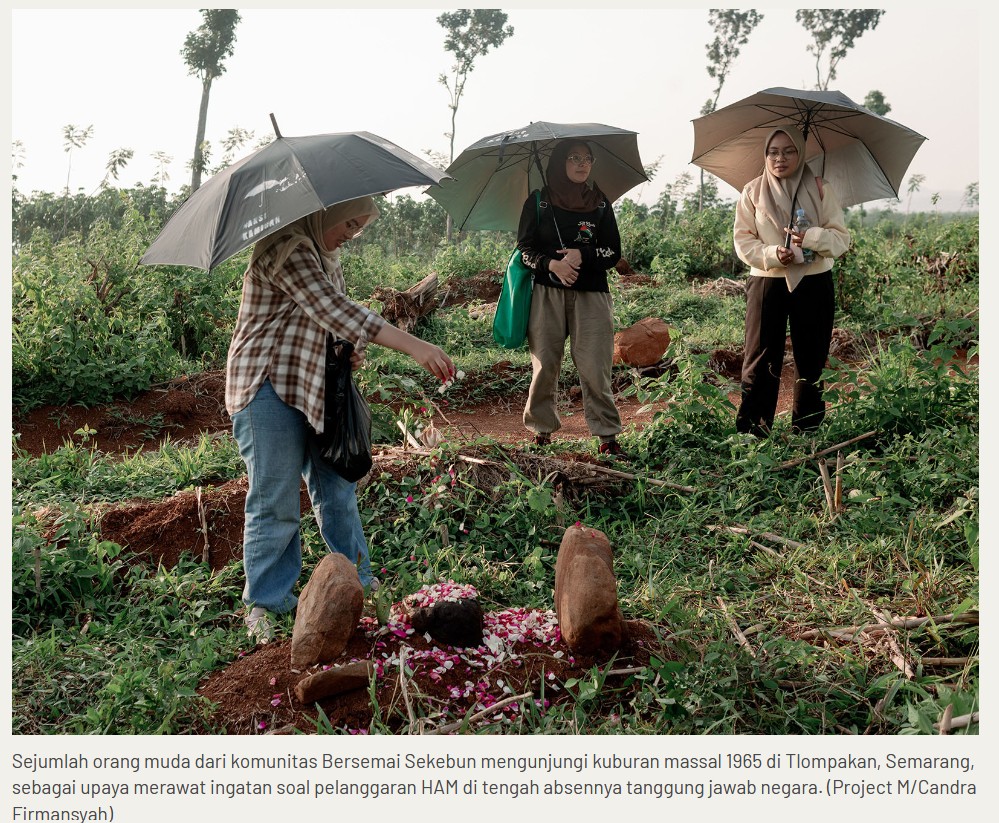Op-Ed: Megawati and the Corruption Eradication Commission, Kompas.com
By Luky Djan, Executive Director, Institute for Strategic Initiatives (ISI) and former jury member for the Bung Hatta Anti-Corruption Award
The effort to eradicate corruption will always travel a rocky road. Indeed anyone acting against corruption has to face off directly against criminals working together in an organized group. Criminal corruption is almost certain to be perpetrated jointly as a conspiracy in conjunction with others and in a way that is highly organized. Organized criminal corruption has a stronger staying power than other forms of organized crime because the group of perpetrators involved typically occupy positions of formal authority and inevitably command considerable resources.
For this reason, anyone going up against the so-called “criminals in uniforms” has to steel him or herself with both ingenuity and resilience. He or she also must not be surprised at the range of strategies deployed to weaken the agenda and institutions endeavoring to eradicate corruption which will vary from the intervention of those in power to the use of physical violence.
Is the anti-corruption agenda in this country driving towards a yellow light? Indonesia’s Corruption Eradication Commission (Komisi Pemberantasan Korupsi or KPK) is the front-line vanguard and driving force in the fight against corruption and is now once more facing strong headwinds. The institution has weathered past tests successfully. Hopefully, the current crisis will likewise result in the strengthening of efforts to defeat corruption. The experience of South Korea and Thailand can provide lessons on the conditions under which institutions are tamed, and those under which anti-corruption efforts are successful. The fate of anti-corruption bodies in these places is quite tragic.
Thailand’s National Counter-Corruption Commission (NCCC) and the Korean Independent Commission Against Corruption (KICAC)
Prospects for the fight against corruption in Asia are currently entering their twilight years. Anti-corruption institutions are collapsing. The anti-corruption agenda in South Korea commenced when as leader of the opposition to the military regime Kim Dae-jung became President in February 1998. Kim’s main strategy was spearheaded by an initiative to pass legislation establishing an anti-corruption commission in August 1999. Kim’s idea generated resistance from politicians and legislators This resulted in anti-corruption legislation taking two years to produce, passing finally on 24 July 2001. Following the enactment of the legislation, opposition emerged to the establishment of an anti-corruption commission from the public prosecutor’s office as well as the police. The Korean Independent Commission Against Corruption (KICAC) was finally formed six months later in January 2002.
The KICAC’s findings shook the corrupt relations between those in power and the chaebol business conglomerates and in their wake caught senior government officials and businessmen. The breakthrough began to unsettle the corrupt, even though the KICAC was in fact not as powerful as its other Asian counterparts, such as Hong Kong’s Independent Commission Against Corruption, Thailand’s NCCC or Indonesia’s KPK, because the KICAC was not given investigative or prosecutorial functions. Following two periods of progressive leadership under Kim Dae-jung and Roh Moo-hyun, efforts to shake the KICAC gained momentum after 25 February 2008 when the government changed to the conservative government of President Lee Myung-bak.
On 29 February 2008, after only three days in office, President Lee merged the KICAC with two other institutions, the Ombudsman and the Administrative Appeals Tribunal (an administrative decisions court similar to Indonesia’s Public Administration Court (Pengadilan Tata Usaha Negara or PTUN)), forming the Anti-Corruption Civil Rights Commission (ACRC). The sway of the KICAC declined, with the new body becoming more of a think tank with the primary function of preventing corruption. The major reason for the reduction in the power of the KICAC was the view that its breakthroughs in this period had hampered economic growth. President Lee’s background as an executive of one of the chaebol conglomerates meant that he viewed the fight against corruption as a hindrance to economic growth.
Of course the public reacted, opposing the merger. Transparency International Korea Chairman Geo-Sung Kim believes that economic growth is driven by a clean business environment and that an organization like the KICAC is necessary to achieve this. While ACRC commissioners are selected by and are responsible to the president, KICAC commissioners were selected by the Supreme Court, legislature and president. There are now valid concerns over the ACRC’s loss of independence.
In Thailand, following the establishment of the People’s Constitution in 1997, the National Counter Corruption Commission (NCCC) was formed in November 1999. This agency represented a strengthening of the previous anti-corruption institution, the Counter Corruption Commission or CCC, which had possessed limited functions and been less independent. The NCCC was responsible to the Senate and its nine commissioners were nominated by the Thai Senate and confirmed by the King. The NCCC took direct action by revealing the embezzlement of assets by Deputy Prime Minister Sanan Kachornprasart which led to his resignation. Two months later, the NCCC uncovered a 30 million baht bribery scandal which led to the dismissal of Deputy Finance Minister Nibhat Bhukkanasut.
The NCCC’s next target was a tax evasion scandal and dishonesty in the public wealth declaration filed by Prime Minister Thaksin Shinawatra. This case put Thaksin’s political career at stake. However, after the legislative elections in 2001 which handed control of the Senate to Thai Rak Thai, Thaksin soon gained control of the Supreme Court, leading to the asset embezzlement case being frozen. As payback, allegations were made against the nine NCCC commissioners alleging criminal conduct and making accusations of involvement in a conflict of interests by increasing their monthly salary of 45,000 baht (approximately 25 million rupiah). The ensuing investigation eventually forced the commissioners to resign in May 2005.
Having control of the majority in parliament, Thaksin had no difficulty installing ‘puppet commissioners’ (Pasuk and Baker, 2004). Following a power shift in a military coup, the military junta replaced the NCCC on 15 July 2008 with the National Anti-Corruption Commission (NACC). The NACC became an instrument for the removal of political opponents of the Thai military regime.
Megawati’s Legacy
Every leader possesses a legacy that becomes a monument to his or her success. President Sukarno created magnificent iconic landmarks ranging from Gelora Bung Karno Stadium (GBK) to Istiqlal Mosque and the statues which adorn the capital. Times, however, change and monuments today no longer take the form of urban architectural landmarks. On the contrary, they now represent elements of constitutional architecture. President Habibie left monuments in the form of the rights of freedom of assembly and association, multi-party elections, freedom of the press and regional autonomy. President Abdurrahman Wahid reorganized the function and position of the Indonesian Armed Forces and strengthened respect for pluralism and human rights.
Megawati carved out important milestones in the nation’s efforts against corruption. Probably not many people remember that on 27 December 2002 Megawati signed into force Law No. 30/2002 concerning the Corruption Eradication Commission. This institution represented the spearhead and hope of the nation for the elimination of the misuse of power in the form of looting public resources by organized criminal groups who possess political power and financial strength.
So the commitment of President Megawati to try to remove all forms of criminal corruption can not be doubted. A year later, the Corruption Eradication Commission was officially established. This writer’s experience ranges from the drafting of the Commission bill to the establishment of the Commission itself which at the time was appropriately resourced by the government. If the commitment to the eradication of corruption had not been strong, it would have been simple to abort the drafting of the bill or to stall for time over the establishment of the Commission. Likewise, when on a number of occasions the Commission has investigated cases of corruption involving senior politicians from her Indonesian Democratic Party of Struggle (PDIP), Megawati did not intervene in the Commission.
Unfortunately, in the midst of the Commission’s efforts to strengthen measures aimed at combating corruption, a wave of attacks have emerged from all directions, including the PDIP. Reports by a member of Indoneisa’s House of Representatives (relating to legal action launched over the disputed election of the head of West Kotawaringin Regency in Central Kalimantan) have resulted in a storm of crisis over the very existence of the institution of the Commission and the entire effort to combat corruption. This writer believes these reports have destabilized the Commission because they have led to an institutional crisis caused by a commissioner of the anti-corruption agency being named a suspect in a criminal investigation.
It is regrettable that this has happened because, as noted above, President Megawati, both as head of state when in power and today as party chairwoman, has not taken action to weaken the Commission. As a mother, Megawati fully understands that the Corruption Eradication Commission is a child of her government for opposing the phantom of corruption that has taken root and become entrenched.
The experience of South Korea and Thailand show that anti-corruption commissions will be stunted, and even amputated, by subsequent regimes. President Jokowi himself has a real track record in promoting an anti-corruption agenda. He is a recipient of the Bung Hatta Anti-Corruption Award (BHACA) which clearly demonstrates he possesses a strong commitment to the eradication of corruption. The current crisis should be resolved with prudence and expedition. The community is now waiting for action from President Jokowi as “party official” to strengthen both efforts to eradicate corruption and the Commission which as an institution is one of Megawati’s important legacies.
Published in Kompas Daily, Thursday January 29, 2015 and http://youthproactive.com/expert-says/megawati-dan-kpk/. Featured image credit: Batik maker applying melted wax to fabric, Sultan’s Palace, Yogyakarta by Rahiman Madli.
In related news:




